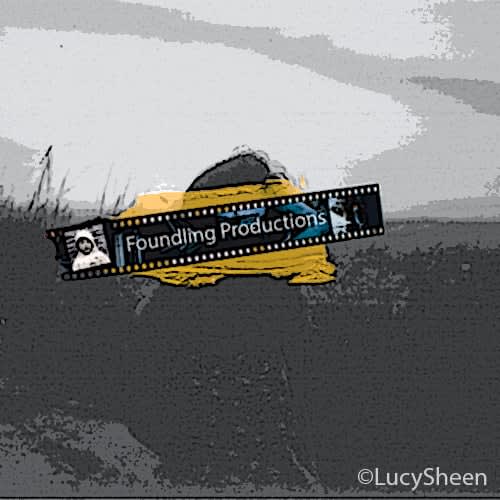#RealAsianGranny

Posted Feb 22, 2019
Unless you've bee n living under a rock deep in the interior of the earth's core you cannot fail to have come across the hashtag RealAsianGranny, brought on by the newly commissioned CBBC sitcom Living With The Lams.
I never met my #RealAsianGranny. I never met my #RealAsianMum or my #RealAsianDad. That's the legacy of being a transracial adoptee. As bitter sweet as it is to see all the differing tales and recollections on my twitter feed, it's also comforting in a strange way.
Reading the numerous tweets from people remembering their grandmothers, I cannot help but be impressed, overwhelmed by the sheer diversity, depth, breadth and glorious variety. As is the case with any other group of people in the UK, British East Asians have their own diversity. Why this cannot be acknowledged and embraced by the likes of the BBC and Twenty Twenty Television in 2019, lord only knows.
Yet here we are again. British East Asians, fighting to be represented on screen as anything other than the hackneyed, stereotypical, racist tropes of old.
Pilot script even has one character calling another a 'Chonger'
Dumplings being retrieved from an oven!
A Tiger Mum and a Grandmother that spits, speaks very little and when she does it's not in English and she's constantly munching on fortune cookies. The Granny is the epitome of all that exotic, eastern mysticism and 'otherness', favoured by so many in the west. even now.
All of which has deeply concerned and angered many in the British East Asian Artists community and beyond. The pilot script was written by non-BEA writers.
#RealAsianGranny shows how nuanced, how complex and multifaceted the BEA community is. We are more than the sum of the paltry parts, some in British culture would confine and shackle us to.
Wake up BBC and smell the coffee!
Have you not heard of Fresh of The Boat? Or is it because this is a sitcom for children, so it just doesn't matter? Childrens' TV is hugely important in helping to shape the attitudes and minds of our future adults by exposing them to the the actuality of our country's true diversity. Not to re-enforce old prejudices and inaccurate and incorrect stereotypes.
Whatever the rationale, whatever the justification the corporate mind of the BBC, try and tell themselves, it just is not acceptable in contemporary, multicultural, poly-ethnic Britain.
As a BME (British Minority Ethnic), BEAs see how other BME groups are treated. How casual, overt, below-the-line, institutionalised and structural racism are, at least, publicly condemned. Yet when it comes to BEAs, some how these sensibilities are not applied. The use of blatant racist terms when levelled against BEAs, is somehow not as damaging, demeaning or outright offensive.
Public attitudes, press, social media responses are usually peppered with the attitude that we're making a mountain out of a mole-hill. That somehow these displays of racism and degradation i.e. using the "C" word are acts of affection and meant in a good humoured way! That the odious practice of Yellowface is, in fact a term of endearment.
Get over yourself, where's your sense of humour?
That's a phrase I've heard many times an oft when BEAs have identified and called out the hate and racism they witness towards themselves, in culture and everyday life. Surely, as a so called, civilised, contemporary society, that prides itself in being tolerant and just, we have to ask ourselves, why, British East Asians are treated with such disdain?
Drop Lucy an email
Want to collaborate with Lucy?
Would you like to commission her for a written work or a digital canvas?
Want to talk about transracial adoption, diversity, inclusion, being a British East and Southeast Asian?
Looking for a mentor, dramaturge or just have a question.
Use the form below to get in touch.
Lucy values and appreciates you having taken the time to reach out. While every effort will be made to respond in a timely fashion please be patient as sometimes work schedules can delay a response from Lucy
